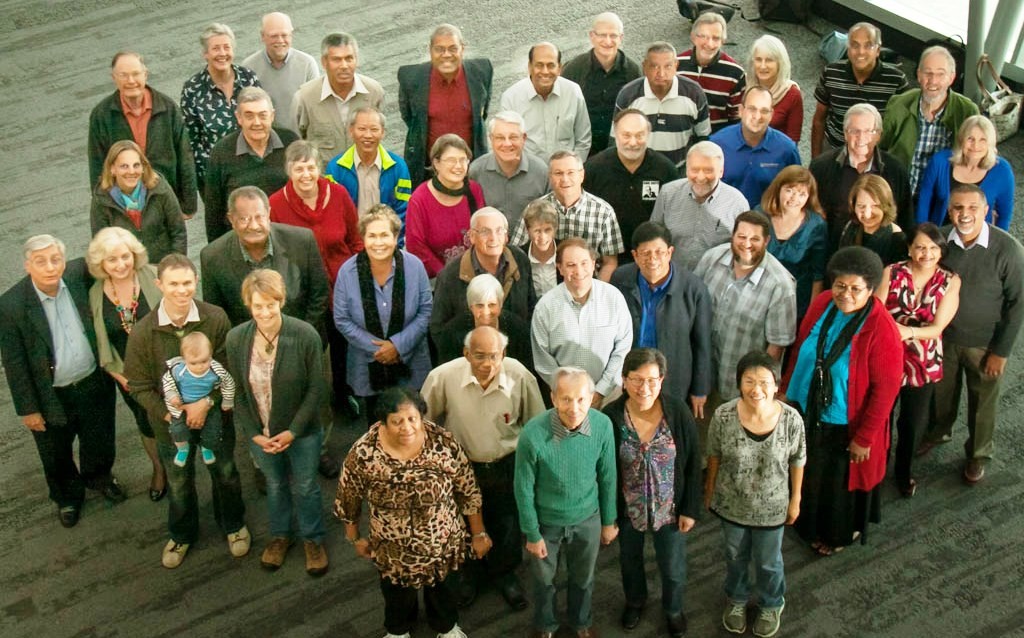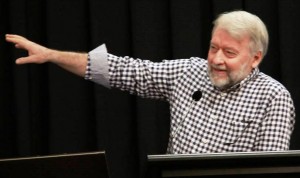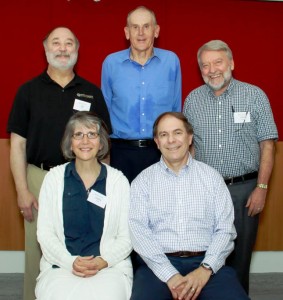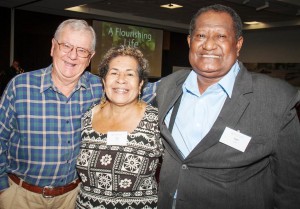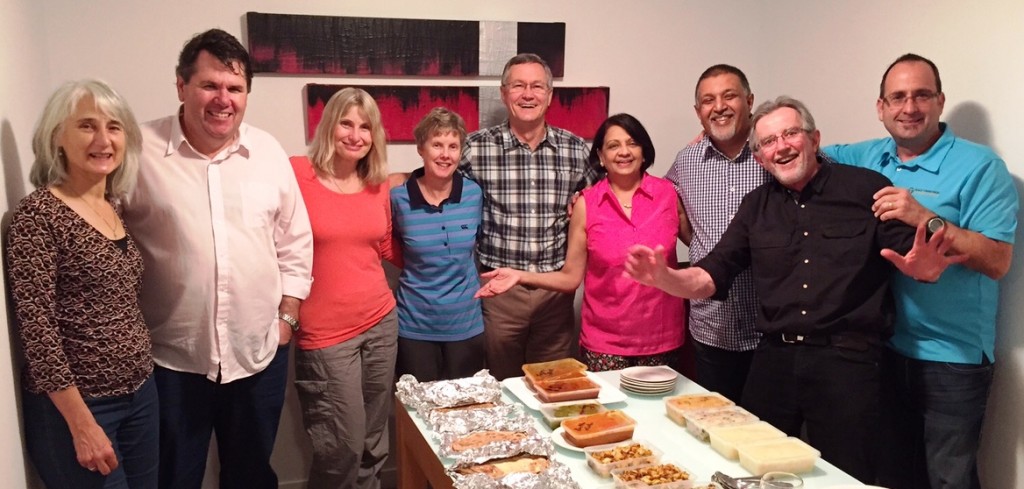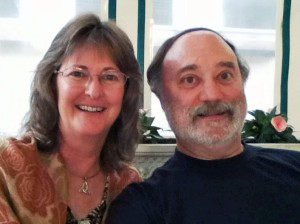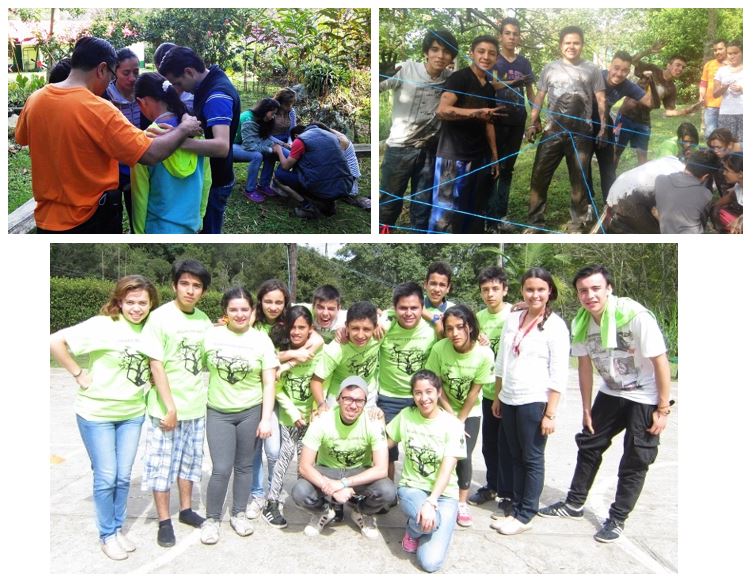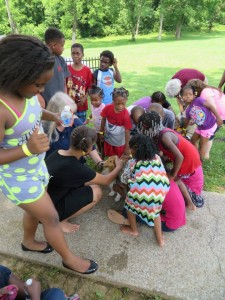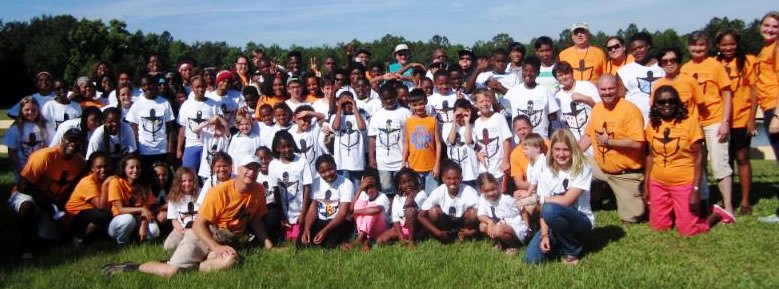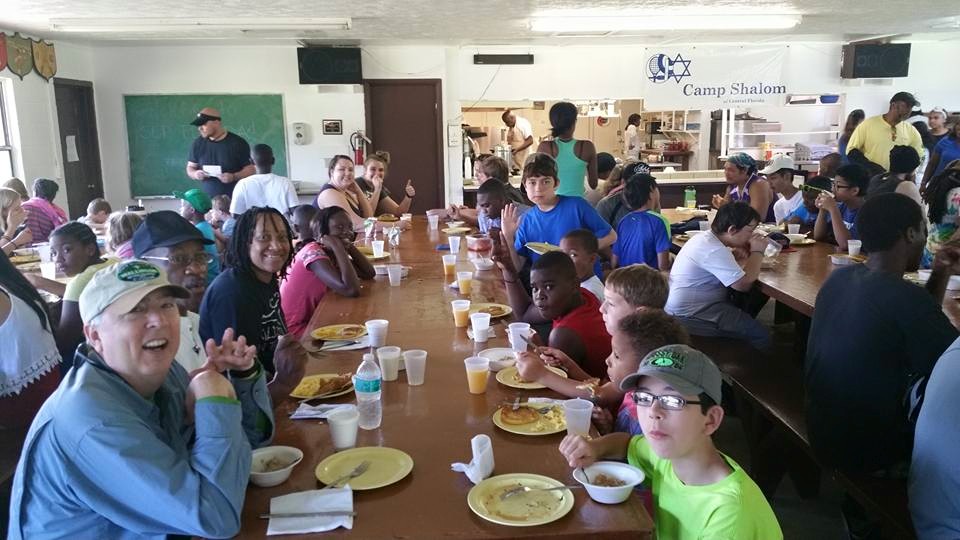Dear Brothers and Sisters,
 The issue of global warming (sometimes referred to as climate change) has had a prominent and often contentious place in public discourse for some time. Lawmakers in many nations continue debating whether or not to enact sweeping policy changes to address the issue. Some see huge catastrophes looming while others are convinced that global warming is not occurring. There are many positions between these two.
The issue of global warming (sometimes referred to as climate change) has had a prominent and often contentious place in public discourse for some time. Lawmakers in many nations continue debating whether or not to enact sweeping policy changes to address the issue. Some see huge catastrophes looming while others are convinced that global warming is not occurring. There are many positions between these two.
Forgive the pun, but climate change is a “hot topic.” Experts and pundits on all sides of the debate continue to make all sorts of claims, typically pointing to scientific reports that seem to bolster their position. A person can go crazy, or at least suffer some depression, watching these debates unfold!

via Wikimedia Commons
Sadly, claims on all sides of the debate are often sensationalized, and doom and gloom predictions abound. In 2007, English scientist James Lovelock predicted that as a result of global warming, billions of people will die and the few breeding pairs that survive will live in the Arctic. In 2008, based on the work of U.S. climate scientist Wieslaw Maslowski, former U.S. vice president Al Gore predicted that the entire northern polar ice cap would disappear by 2013. In 2010, Australian microbiologist Frank Fenner predicted that humans likely will be extinct within 100 years due to overpopulation, environmental destruction and climate change.
Lovelock later partially recanted his prediction, declaring, “I was alarmist about climate change and so was Gore. The problem is we don’t know what the climate is doing.” In a recent interview Lovelock noted that, “The climate is doing its usual tricks. There’s nothing much really happening yet. We were supposed to be halfway toward a frying world by now.” I find Lovelock’s candor refreshing, though sensationalized claims continue unabated with the internet awash with articles predicting dire catastrophes resulting from global warming. For example, some scientific studies point to the recent drought in Southern California as evidence of global warming. Others note that the drought is the result of normal climate cycles.
Of course, studies like these are often sensationalized in the media, despite the fact that many of the predictions have not come true. The northern polar ice cap has not disappeared and the population of earth continues to grow at a rapid pace. I might note that the media includes religious types who, as would-be prophets, love to cite scientific studies predicting catastrophes as evidence that a cataclysmic end of the world is at hand. You’ve probably noted that their predictions also have not come true.
Given these factors, what is a Christian to believe? One thing we know for sure from the record of history in this fallen world is that our knowledge often is incomplete. Moreover, we often have been incapable of solving our most pressing problems. We also see that the predictions of science have not been perfect and that the predictions of religious self-proclaimed prophets have typically failed. My point is this: it’s difficult to know the objective truth when reading about complex issues like those of climate change and global warming. There are reputable scientists who support all sides of the debate, so there is need for caution and care. Sadly, the media often throw caution to the wind in promoting the sensational—seemingly more interested in dramatic stories that entertain than objective (often complex) facts that truly inform. We need to be careful and circumspect in our reading and our reactions.
There is no doubt that we face substantial environmental problems around the world. Through Adam and Eve, God gave humankind the sacred responsibility of being custodians of our planet. Yet history shows we have largely failed. Poor disposal of sewage and waste, deforestation and environmental pollution are rampant, and the consequences often are devastating. Though there certainly is a great deal of bad news, our calling as followers of Jesus is not to trumpet bad news but to proclaim the good news of God’s kingdom. That news is not so much about what we believe as who we believe (for more about the nature of the kingdom and our calling to proclaim it, I urge you to read again Gary Deddo’s article at www.gci.org/god/kingdom).
Proclaiming the good news in the midst of sensationalized bad news takes wisdom as well as courage. As the saying goes, “Courage is fear that has said its prayers.” In the midst of sensational claims concerning pending doom, we look to God for ultimate answers, comforted knowing the truth that he, as proclaimed in the old song, truly does have “the whole world in his hands.” By the resurrection of Jesus from the dead, God is Lord and Savior over all time and space, over the whole universe and its history. As Jesus proclaimed: “I have told you these things, so that in me you may have peace. In this world you will have trouble. But take heart! I have overcome the world” (John 16:33). In him we put our hope! God is wholly revealed to us in the person and work of Jesus. His incarnation and atonement is the point at which the world sees and knows the very nature and character of God. We know that by God’s grace we are connected to Christ so that our lives, our history, are caught up in his. His destiny is our destiny, and that is very good news!
We should be aware of and care about what is going on around us (including environmental disasters). We should contribute what we can for the common good as individuals and churches. But there is no need to make dire predictions, nor to cower in fear concerning what lies ahead. There is no need to buy into the sensationalized hype on either side of these issues. Instead, let us take responsible action as we place our trust in Jesus. Through our words and actions, let us point people to him and to his kingdom reign. Let us proclaim that he is the Center of the center—the only real, ultimate and lasting solution to what ails humanity. Let us show in deeds and in words that Jesus is here now, through the Spirit caring about the earth and working to transform humankind. One day, he will return bodily, and when he does he will bring with him a new (transformed) heaven and earth that is yielded fully to and thus blessed by his perfect rule and reign. In the power of the Spirit let us live now in that hope, and let us share it with others.
Knowing and loving the Center of the center,
Joseph Tkach
PS: Of course, global warming is not the only “hot topic” that is being sensationalized in the media. As you know, the U.S. Supreme Court recently ruled that same-sex marriage is to be legal in all 50 states. Pundits (including Christians) on both sides of this issue are weighing in and, as we would expect, there are sensationalized claims on both sides. What are we to believe and do? Due to our biblical convictions concerning marriage, we don’t celebrate the decision, but we don’t throw up our hands in distress. Instead we live in hope, trusting in God, knowing he is sovereign. We live in a fallen world and it does not surprise us to see the world operate the way it does. I’m sure the apostle Paul was disappointed when he was sent to jail for proclaiming Christ, yet he wrote that Christians should rejoice in their trials. And so we don’t panic, we don’t despair, we don’t overreact. In the U.S., GCI is a member of the National Association of Evangelicals (NAE) and we embrace what the NAE has written in opposition to a radical redefinition of marriage at http://nae.net/the-defense-of-marriage-and-the-right-of-religious-freedom and http://nae.net/god-defined-marriage/. As we know, much of humanity rejects God since they do not see him for who he truly is—the God of holy (agape) love. As ministers of Jesus Christ, we are not called to be Old Testament prophets but to proclaim God’s holy love and grace for all people. Let’s be about our Father’s business even when events might tempt us to do otherwise.


